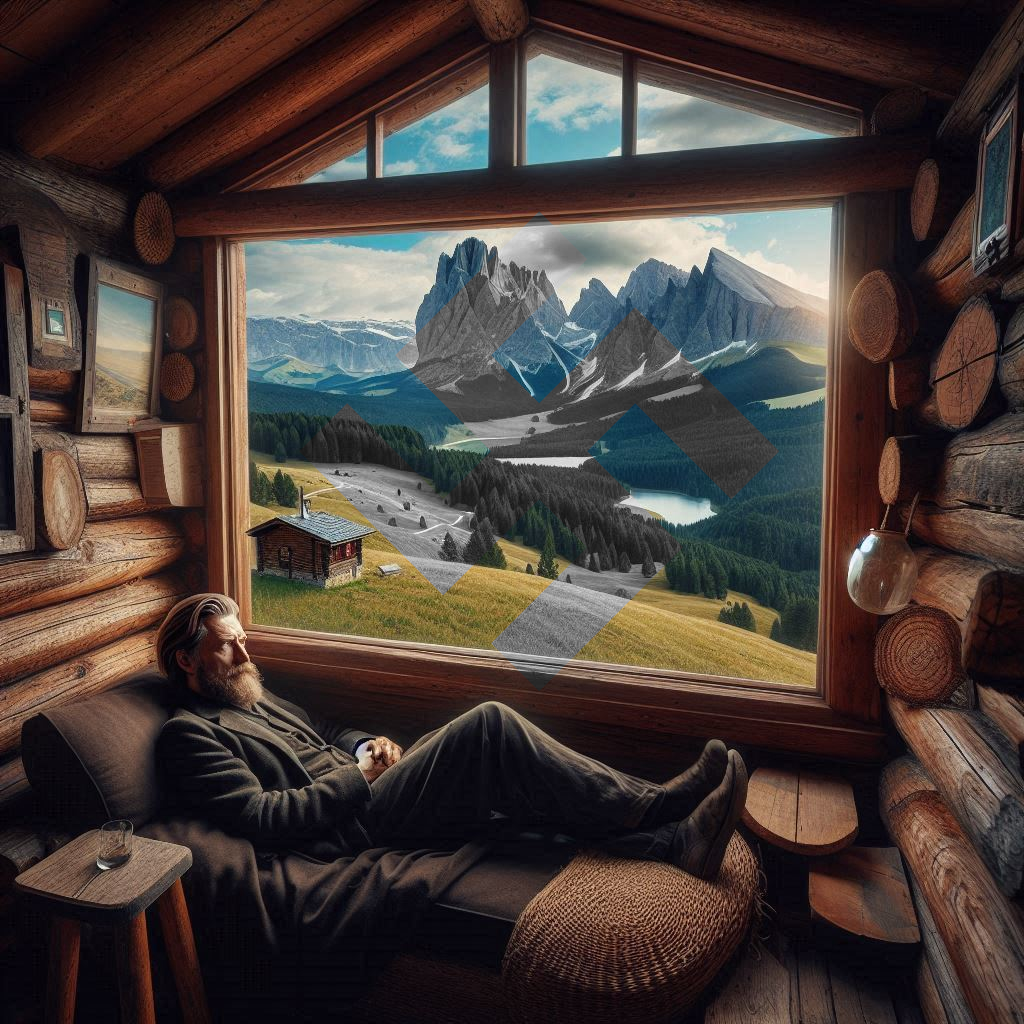Heidegger — it's true selves all the way down

I've been wary of 'the true self' for some time, maybe it is just a genX eyeroll at the boomers of my youth trying to 'find themselves' while also claiming to invent everything they had not learned about yet. But then they were the most modern generation, i.e. living as part of the biggest or widest demographic exploration of modernity yet, which was previously only available to the better off, of which there were only a few before them. I am eyerolling at them in a way I will not do so for my own grandchildren learning their way in the world.
Part of my teenage eyeroll was the existentialist manoeuvring that gothed into emo in a leapfrog of generations some time later, and mostly without much direct exposure to any of the literature, whether it was revisiting French Symbolists and their decadents, nor the philosophers and their novelists: Camus, Sartre, de Beauvoir —and then, at a remove, Germans like Heidegger, the less successful sequel to Husserl (who i still haven't read).
And I must say of of the 20th century writers, the ones I keep returning to explore are the women writers, not because they are forgotten/marginalized or famous/lauded as women, but because their work is some of the more sensible or practicality in emotional loading. Even when I think they are just plain wrong, they do not annoy me like say Sartre, or Heidegger.
So annoying.
In this group of writers I return to, include: Iris Murdoch, Simone Weil and Hannah Arendt.
Recently there was a aeon essay on Arendt and Heidegger, and it is a good example of what I mean here.
"Because beyond the question of the self, what Arendt saw in Heidegger’s lonely concept of authenticity was an understanding of Being that was world-denying"
The eyeroll is best described therein, by that quote by Samantha Rose Hill author of Hannah Arendt (2021) and the editor and translator of What Remains: The Collected Poems of Hannah Arendt (forthcoming, 2024).

The eyeroll is a preface to my position on Martin Heidegger.
Heidegger had a thing for 'the true self', a hippy with swastikas one might say. I find it really annoying. I am tempted to say, glibly, that my true self finds 'true self' quests, questions and their phenomenologies, really annoying. Way more annoying than any soteriological concern in Buddhism or Pyrrhonism.
